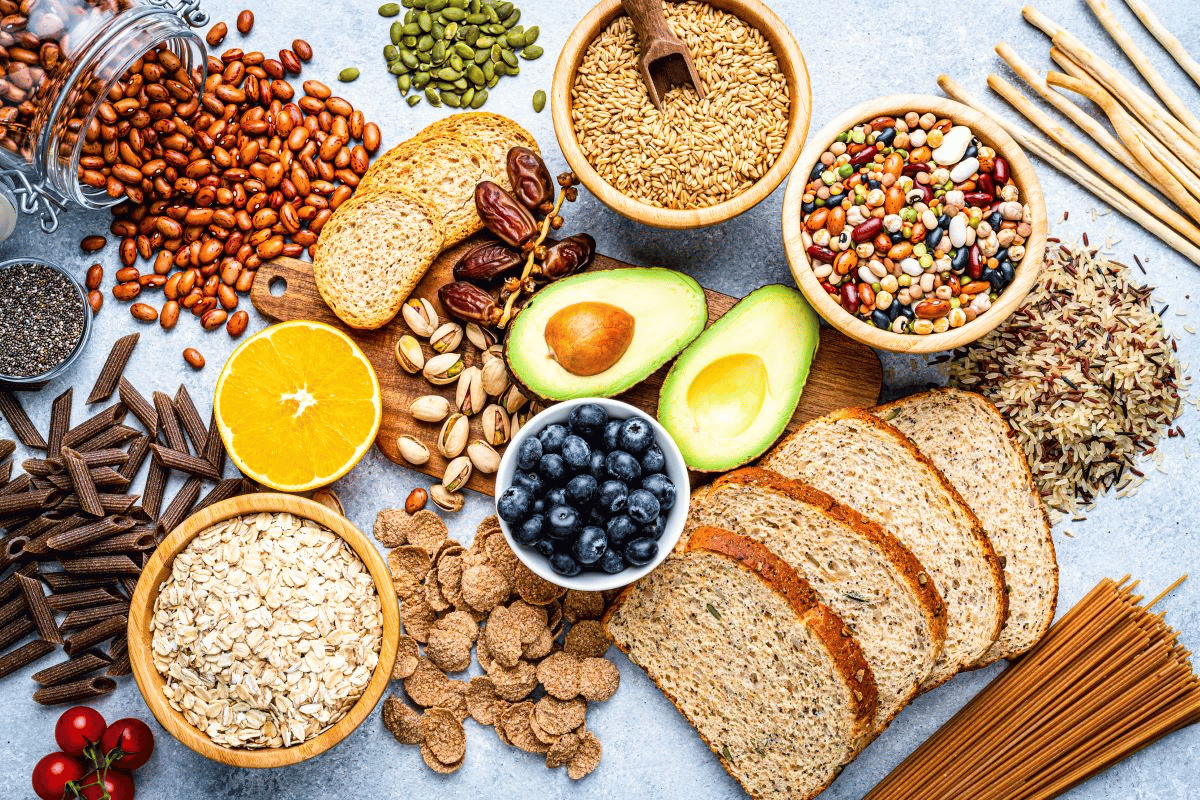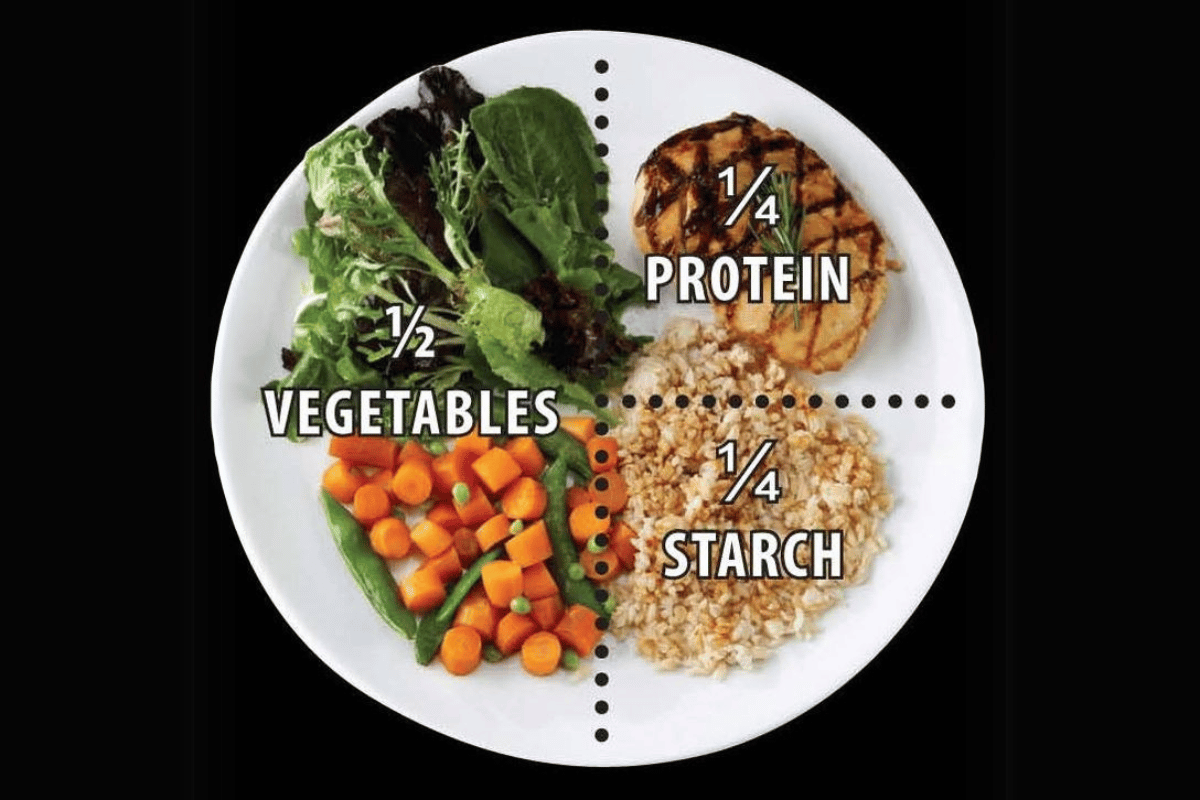Losing weight is often synonymous with hours at the gym, but is exercise really necessary to shed pounds? The idea of losing weight without physical activity is gaining traction, especially as people look for alternative ways to manage their weight without committing to a strict workout regimen. While exercise has undeniable benefits, it’s not the only factor that determines weight loss. A balanced approach that includes diet and lifestyle changes can also lead to successful weight management.
The truth is, weight loss fundamentally boils down to creating a caloric deficit, where the body burns more calories than it consumes. While exercise can accelerate this process, it is possible to lose weight by focusing on dietary habits, portion control, and other lifestyle factors. Dr. Jason Fung, an expert in weight loss, emphasizes that “insulin resistance, not a lack of exercise, is often the root cause of weight gain.” This highlights that controlling factors like insulin levels and food intake can play a more significant role in weight loss than exercise alone.
Many people believe that losing weight without exercise is only achievable through extreme dieting or skipping meals. In reality, sustainable weight loss comes from understanding how to nourish your body with the right foods and making consistent, manageable changes. The goal is not to deprive your body, but to fuel it efficiently and promote fat loss while maintaining overall health.
In 2025, the concept of losing weight without exercise is becoming more realistic and accessible, particularly as research continues to reveal how diet and lifestyle adjustments can influence metabolism. This article will explore how you can successfully lose weight without ever stepping into a gym.



